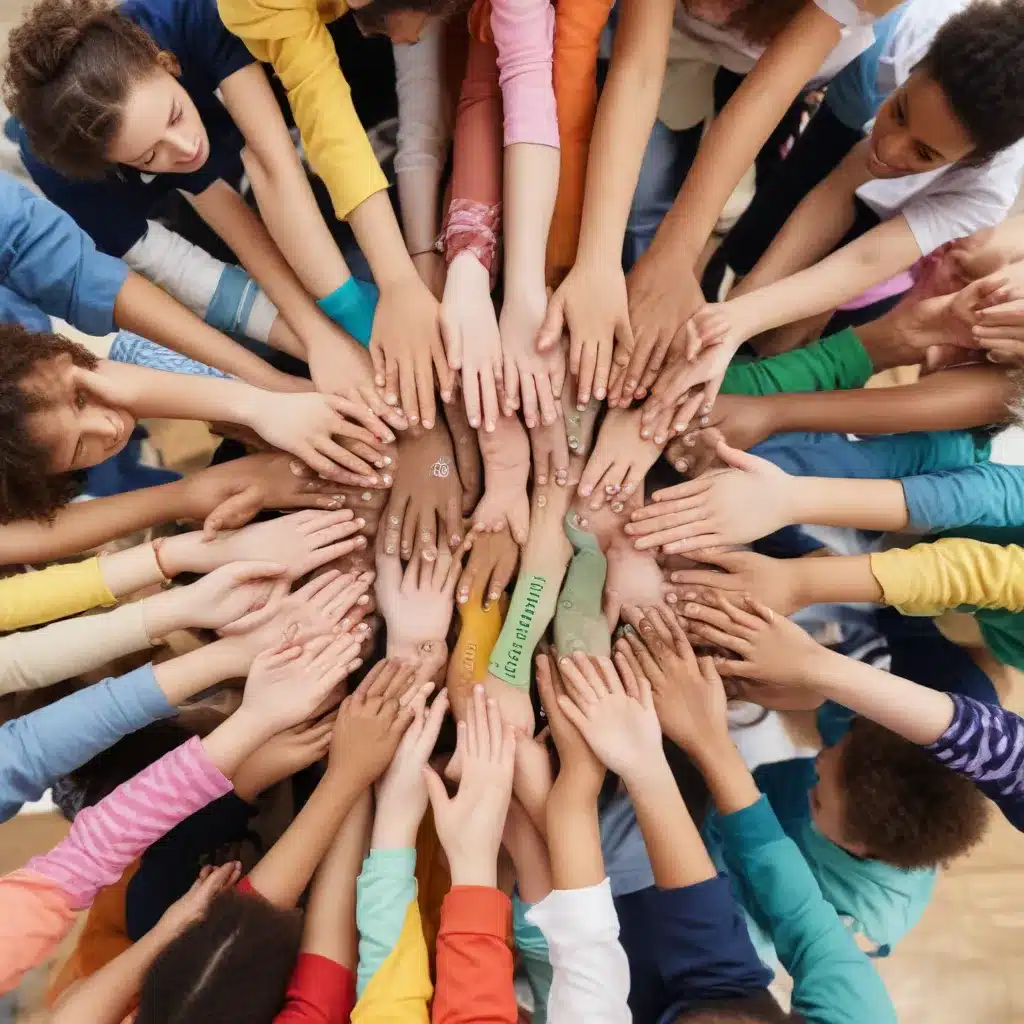
The Importance of Wellbeing in Early Childhood Education
Wellbeing is a fundamental aspect of a child’s holistic development and learning. In the updated Queensland Kindergarten Learning Guidelines (QKLG) 2024 curriculum, the Wellbeing learning and development area takes center stage, recognizing its crucial role in supporting children’s overall growth, resilience, and positive dispositions for learning.
At the heart of this curriculum area is the understanding that children’s physical, mental, and emotional health are inextricably linked to their ability to engage, explore, and thrive in the learning environment. By prioritizing wellbeing, educators can foster an educational experience that nurtures the whole child, empowering them to navigate challenges, develop self-regulation, and cultivate a strong sense of identity and belonging.
Defining Wellbeing in the QKLG 2024 Curriculum
The QKLG 2024 curriculum defines wellbeing as a multifaceted concept that encompasses several key elements:
-
Physical and Mental Health: Ensuring children have access to nutritious food, adequate rest, and regular physical activity to support their overall physical and mental well-being.
-
Personal Safety: Enabling children to develop an awareness of safe and unsafe risks, and the ability to make informed choices to protect their personal safety.
-
Social and Executive Function: Fostering children’s emotional awareness and regulation, persistence, and adaptability, which are essential components of executive function. These skills help build resilience and enable children to navigate challenges and adjust to changes in their environment.
-
Secure Relationships and Positive Dispositions: Establishing safe and respectful relationships that provide children with opportunities to develop confidence, optimism, a growth mindset, and other positive dispositions for learning.
By addressing these interconnected aspects of wellbeing, the QKLG 2024 curriculum aims to support children in developing a strong foundation for lifelong learning, health, and overall thriving.
Strategies for Promoting Wellbeing in the Kindergarten Setting
To nurture children’s wellbeing, the QKLG 2024 curriculum outlines several key strategies for educators to implement:
1. Trauma-Informed Practices
Recognizing that some children may have experienced trauma, adversity, or other challenges, the curriculum encourages the sensitive implementation of trauma-informed practices. These practices help create a safe, supportive, and inclusive environment where children can process their experiences and develop coping mechanisms.
2. Tailored Approaches
The curriculum emphasizes the importance of tailoring strategies to meet the individual needs of each child. By understanding the unique circumstances, strengths, and developmental stages of each child, educators can design targeted interventions that effectively support their wellbeing.
3. Developing Secure Relationships
The curriculum underscores the crucial role of secure and respectful relationships in fostering children’s wellbeing. Educators are encouraged to prioritize the establishment of these relationships, which provide children with a sense of safety, belonging, and trust – essential foundations for their learning and development.
4. Promoting Resilience and Adaptability
The curriculum focuses on developing children’s emotional awareness, regulation, persistence, and adaptability – skills that contribute to their resilience and ability to navigate challenges. Educators can implement strategies that help children learn to manage their emotions, work towards goals, and adjust to changes in their environment.
5. Embedding Healthy Lifestyle Habits
The curriculum recognizes the importance of children learning about healthy lifestyles, including the benefits of nutritious food, adequate rest, personal hygiene, and physical activity. By incorporating these elements into the educational experience, educators can foster children’s understanding of the connections between their physical, mental, and emotional well-being.
6. Fostering Fine and Gross Motor Development
The curriculum emphasizes the importance of developing fine and gross motor skills, which support children’s physical activity and awareness of their environment. These skills enable children to move with stability, control, and a sense of confidence in their physical abilities.
Critically Reflecting on Wellbeing in the Kindergarten Context
The QKLG 2024 curriculum encourages educators to engage in critical reflection on the Wellbeing learning and development area, considering how children are progressing in the following aspects:
-
Recognizing the Contribution of Healthy Habits: Observing how children develop an awareness of the ways in which nutrition, physical activity, rest, and relaxation contribute to their overall health and wellbeing.
-
Developing Safety Awareness: Assessing children’s ability to recognize and make safe choices in familiar situations, and their progress in developing an understanding of safe and unsafe risks.
-
Gross Motor Skill Development: Monitoring children’s development of gross motor skills and their use of the senses for discovery and exploration.
-
Emotional Awareness and Regulation: Observing how children demonstrate emotional awareness and the ability to regulate their emotions, particularly in response to challenges or changes in their environment.
-
Resilience and Adaptability: Assessing children’s progress in developing persistence and the capacity to adapt to new situations, as well as their overall sense of resilience and optimism.
By critically reflecting on these aspects of wellbeing, educators can gain valuable insights into each child’s development, inform their teaching practices, and create targeted interventions to support the holistic growth and learning of every child in their care.
Conclusion: Nurturing Wellbeing for Holistic Development
The Wellbeing learning and development area of the QKLG 2024 curriculum reflects a deep understanding of the critical role that physical, mental, emotional, and social well-being play in a child’s ability to thrive, learn, and succeed. By prioritizing this area, educators can create an educational environment that fosters resilience, adaptability, and a positive disposition for lifelong learning.
As children develop a strong foundation of wellbeing, they are better equipped to navigate challenges, build secure relationships, and engage in the rich learning opportunities provided in the kindergarten setting. This holistic approach to education not only supports children’s immediate needs but also lays the groundwork for their long-term health, happiness, and overall success.
By implementing the strategies and practices outlined in the QKLG 2024 curriculum, educators can empower children to become confident, resilient, and self-aware individuals, ready to embrace the exciting journey of learning and discovery that lies ahead.

